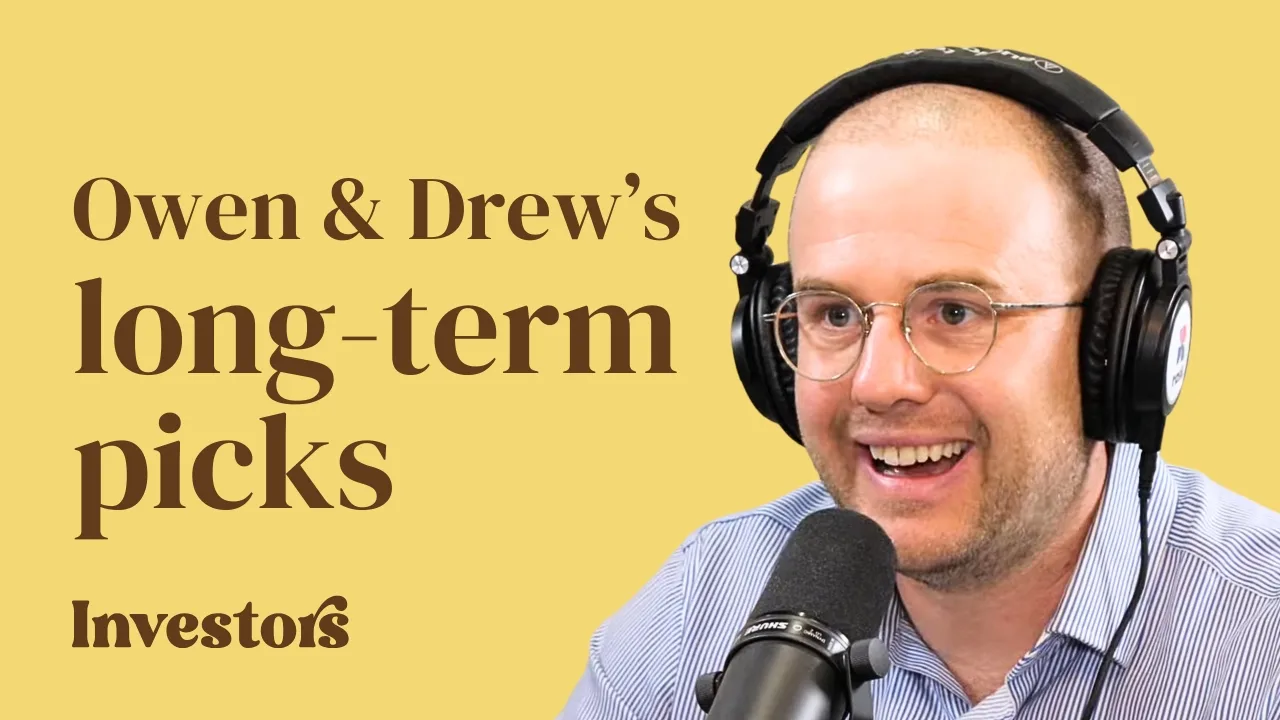Exchange-traded funds (ETFs) are a really good way for people to invest in shares.
Which ones to pick?
People can get instant diversification, low costs and hopefully good returns with ETFs.
There are plenty of useful ETFs that can give exposure to whole share markets like iShares S&P 500 ETF (ASX: IVV) and Vanguard Australian Shares Index ETF (ASX: VAS).
But I have two ETFs in mind that may be able to achieve better returns, are higher quality and give international diversification for Aussies:
VanEck Morningstar Wide Moat ETF (ASX: MOAT)
This ETF is about getting exposure to some of the strongest businesses that are listed in the US.
It’s looking for businesses that have wide economic moats. That simply means that it has strong competitive advantages compared to most of the industry.
But not only do these businesses have strong moats, but they are also expected to endure for many years into the future.
So, the businesses in the portfolio are quality.
But the portfolio is also good value, according to Morningstar analysts.
Morningstar has put an estimate of fair value on each business. If the company is attractively below that, then it’s worthy of being added to the portfolio.
Some of the current US stocks that make the cut includes: Cheniere Energy, Wells Fargo, Salesforce and Microsoft.
Despite the extensive research done with this process, the MOAT ETF has an annual management fee of just 49%.
I think it’s one of the best ETFs and continue to do well, though nothing is guaranteed with the stock market.
Betashares Global Quality Leaders ETF (ASX: QLTY)
This is another of my favourite ETFs. I think it also has the potential to outperform and do well most years.
Whilst there isn’t a focus on economic moats, it’s looking for businesses that are attractive in a number of other ways including good cashflow, reliable profit, little debt and a high return on equity (ROE).
It’s a truly global portfolio with businesses from places like the US, Japan, Europe and the UK. Some of the names in the portfolio are: Advanced Micro Devices, Nvidia, Novo Nordisk, UnitedHealth Group and Intuit.
This ETF also has a cheap cost, in my opinion, with an annual fee of 0.35%.
In terms of the returns it has produced, the index that it tracks has achieved an average return per annum of 19.5%, which doesn’t include the fee.






